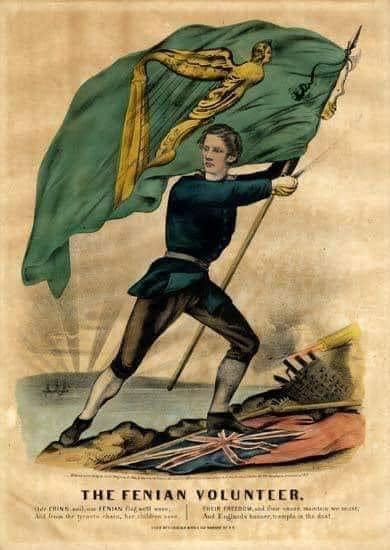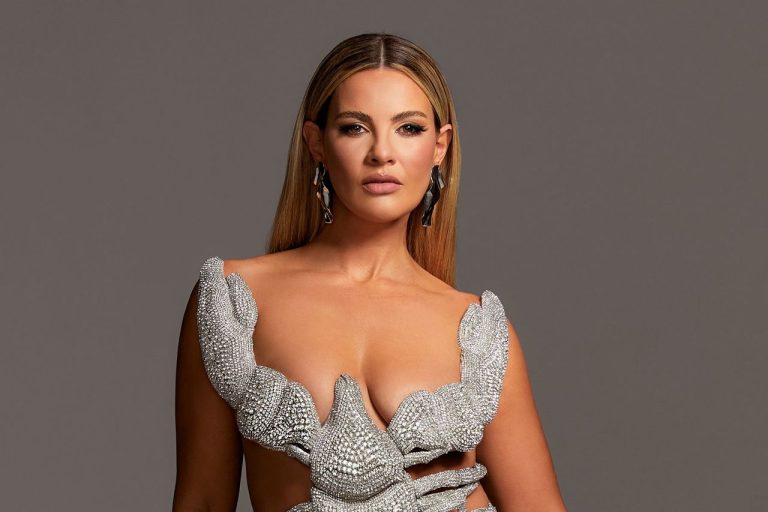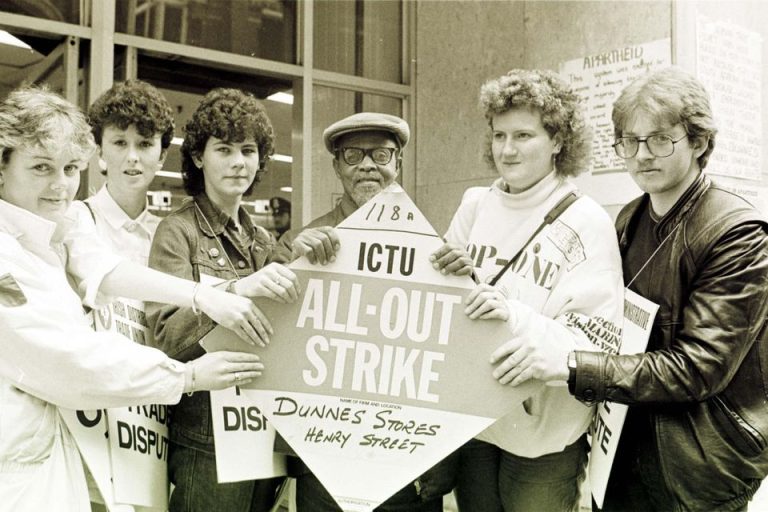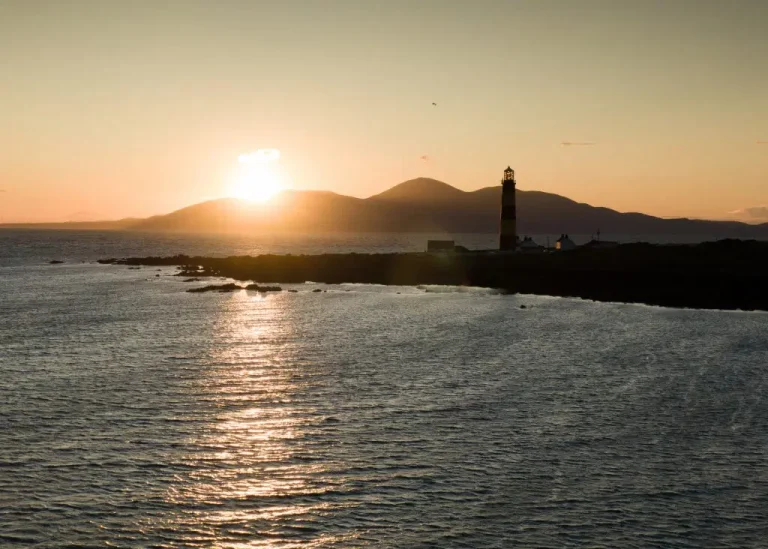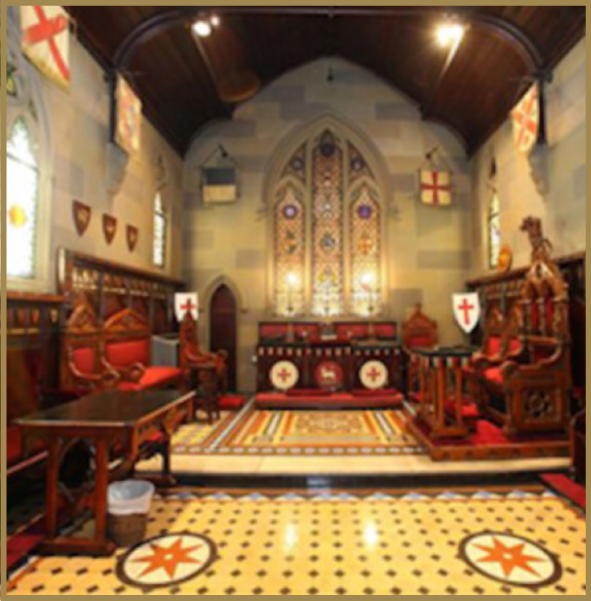
For centuries, the enigmatic society of Freemasons has intrigued and captivated people worldwide. In Ireland, this ancient fraternal order boasts a rich history and continues to play a significant, albeit often misunderstood, role in the social fabric.
If you’ve ever wondered about the secrets held within Masonic lodges, the purpose behind their rituals, or how to become a member in Ireland, you’ve come to the right place. This comprehensive guide will delve into the world of Freemasons Ireland, answering your burning questions and shedding light on this fascinating organization.
What Do Freemasons Do in Ireland?
Freemasonry in Ireland, like its counterparts globally, is fundamentally a fraternal organization centered on moral and spiritual development. Members, drawn from all walks of life, meet regularly in lodges to:
- Engage in Ritual Work: This involves performing symbolic ceremonies and lectures that impart moral lessons based on ancient craft traditions. The Irish Masonic Ritual is a unique and time-honored aspect of these proceedings.
- Foster Fellowship and Brotherhood: Lodges provide a supportive environment where members can build lasting friendships, share common values, and enjoy social interaction.
- Practice Charity: Charitable giving is a cornerstone of Freemasonry. Lodges across Ireland actively support various local and national charities, contributing significantly to communities.
- Promote Personal Growth: Through the allegorical teachings of the rituals, Freemasons are encouraged to cultivate virtues such as integrity, charity, tolerance, and respect for others.
- Uphold Good Citizenship: Freemasonry instills the importance of being law-abiding citizens and contributing positively to society.
You can often find information about local activities and initiatives on individual lodge websites or the main Freemasons Ireland website.
What is the Freemason Lifestyle?
There isn’t a prescribed “Freemason lifestyle” in the sense of strict rules governing daily life outside of the lodge. Instead, Freemasonry encourages members to live according to high moral and ethical standards. This translates into:
- Ethical Conduct: Masons are expected to be honest, just, and fair in their dealings with others.
- Respect for Law and Order: They are taught to be loyal to their country and its laws.
- Charitable Inclination: Members are encouraged to be benevolent and to support those in need.
- Tolerance and Understanding: Freemasonry promotes respect for the opinions and beliefs of others, regardless of their background.
- Personal Development: The principles learned within the lodge are intended to guide members in their personal and spiritual growth.
While Freemasonry is not a religion, it does require a belief in a Supreme Being. However, it is non-denominational and welcomes men of all faiths.
How Do I Become a Freemason in Ireland?
Becoming a Freemason in Ireland involves a process of application, vetting, and initiation. Here are the general steps:
- Express Interest: The first step is to express your interest to a current Freemason whom you know, or by contacting a lodge directly. You can often find contact information for lodges in your area by searching “Freemasons Ireland near me” or browsing the List of Masonic Lodges in Ireland.
- Meet Members: You will likely be invited to meet with members of a lodge to learn more about Freemasonry and for them to get to know you. This is an opportunity for you to ask questions and understand the commitments involved.
- Submit a Petition: If you wish to proceed, you will need to complete and submit a formal petition for membership to the lodge.
- Investigation: Your petition will be investigated by members of the lodge, who may speak with your references.
- Ballot: The members of the lodge will vote on your application through a secret ballot.
- Initiation: If your ballot is successful, you will be invited to undergo the first of three initiation ceremonies, marking your entry into Freemasonry.
It’s important to note that you must be a man, of good character, and believe in a Supreme Being to be eligible for membership.
What is the Goal of the Freemasons?
The fundamental goal of Freemasonry is the moral and spiritual improvement of its members. This is achieved through:
- Moral Instruction: The rituals and allegories impart timeless ethical principles.
- Brotherly Love: Fostering a strong sense of community and mutual support among members.
- Relief and Charity: Encouraging acts of kindness and generosity towards others.
- Truth and Knowledge: Promoting a lifelong pursuit of wisdom and understanding.
Freemasonry aims to make “good men better” by providing a framework for personal growth and ethical living.
What Do Masons Believe In?
While Freemasonry is not a religion and does not prescribe a specific faith, there are core beliefs shared by its members:
- Belief in a Supreme Being: This is a fundamental requirement for membership, although the nature and name of this being are left to the individual’s interpretation.
- Immortality of the Soul: Many Masonic rituals allude to the concept of an enduring spirit.
- Brotherhood of Man: Freemasonry emphasizes the unity of humankind and the importance of treating all with respect and compassion.
- Moral Law: Masons believe in a universal moral order and strive to live in accordance with its principles.
- Importance of Charity: Giving back to the community and supporting those in need is a central tenet.
It is crucial to understand that Freemasonry does not seek to replace or interfere with a member’s existing religious beliefs.
How Many Freemasons Are in Ireland Today?
Pinpointing the exact number of Freemasons in Ireland today can be challenging as membership figures fluctuate and are not always publicly disclosed in real-time. However, it is estimated that there are several thousand Freemasons across Ireland, organized under the Grand Lodge of Ireland. While membership numbers may have seen a decline in some Western societies, Freemasonry in Ireland maintains a dedicated and active membership. For the most up-to-date information, the Freemasons Ireland website may offer some general insights.
What Do Freemason Rings Look Like?
Freemason rings are a visible symbol of membership and often hold personal significance for the wearer. While designs can vary, some common elements include:
- Square and Compasses: This is arguably the most recognizable Masonic symbol, representing morality and reason.
- Letter “G”: The “G” can have multiple interpretations, often representing God or Geometry (the foundational art of Freemasonry).
- Other Symbolic Emblems: Rings may also feature symbols related to specific degrees or offices held within the lodge, such as the plumb rule, level, or trowel.
- Materials: Rings are typically made of metal, such as gold, silver, or stainless steel.
- Personalization: Many Masons choose rings with engravings of their lodge name, initiation date, or other personal details.
There isn’t a single “official” design, and members often select rings that resonate with their individual experiences within Freemasonry.
Who Are Freemasons Members?
Historically, Freemasonry was primarily composed of men, and this remains the case in most traditional lodges under the Grand Lodge of Ireland. Members come from diverse backgrounds, professions, and social strata. You will find businessmen, tradesmen, academics, artists, and individuals from all walks of life within the ranks of Irish Freemasons. What unites them is a shared commitment to the principles of the Craft and a desire for personal and moral growth.
While the traditional Grand Lodges primarily admit men, there are separate Masonic organizations for women in some parts of the world, although these are not under the jurisdiction of the Grand Lodge of Ireland.
You might be surprised to learn about some Famous Irish Freemasons throughout history, who have contributed significantly to various fields. Researching historical figures associated with Irish Freemasonry can offer a fascinating glimpse into its influence.
What is a Masonic Handshake Like?
The “Masonic handshake” is not a single, universally recognized grip. Instead, there are different grips associated with the various degrees within Freemasonry. These handshakes serve as a discreet way for Masons to recognize each other. They are typically subtle variations of a regular handshake, involving pressure on specific points of the hand or fingers. The specific details of these grips are part of the ritualistic teachings of each degree and are not publicly disclosed.
It’s important to understand that these handshakes are not secret greetings used in everyday life but are specific to Masonic gatherings and serve a ritualistic purpose.
Can Protestants Be Freemasons?
Yes, absolutely. Freemasonry in Ireland is open to men of all faiths who believe in a Supreme Being. It is non-denominational and does not discriminate based on religious affiliation. Throughout its history in Ireland, Freemasonry has included members from various Protestant denominations, as well as other faiths. The focus within the lodge is on shared moral principles and brotherly love, transcending religious differences.
What is the Freemason Oath?
The obligations taken by Freemasons during their initiation ceremonies are often referred to as “oaths” or “solemn promises.” These obligations vary slightly between degrees but generally involve a commitment to:
- Upholding the principles and tenets of Freemasonry.
- Keeping the secrets of the Craft. These secrets primarily relate to the modes of recognition (grips, signs, words) and the ritualistic proceedings.
- Acting with honor and integrity in all dealings.
- Being a good and loyal citizen.
- Providing aid and assistance to fellow Freemasons when possible.
- Maintaining the confidentiality of lodge proceedings.
These obligations are taken on the individual’s conscience and are considered a serious and binding commitment. They are not oaths of allegiance to the organization itself but rather promises to uphold its moral and ethical framework.
What Are the Degrees of Freemasonry in Ireland?
In Ireland, as in most of the English-speaking Masonic world, there are three principal degrees in Craft (or Blue Lodge) Freemasonry:
- Entered Apprentice: This is the first degree, where a candidate is initiated into Freemasonry and learns the basic principles and symbols of the Craft.
- Fellow Craft: In the second degree, the member progresses in Masonic knowledge, exploring the liberal arts and sciences and delving deeper into the symbolism.
- Master Mason: This is the highest degree in Craft Freemasonry. Upon reaching this degree, a member is considered a full member of the lodge and is entitled to all the rights and privileges thereof.
Beyond these three Craft degrees, there are other Masonic orders and degrees that a Master Mason may choose to join, such as Royal Arch Masonry or various chivalric orders. However, these are separate organizations from the Craft lodges under the Grand Lodge of Ireland.
What Are the Signs of Freemason?
Similar to the handshakes, there are signs associated with each degree in Freemasonry. These are specific gestures or movements that serve as another mode of recognition between members. The details of these signs are communicated during the ritual ceremonies and are part of the “secrets” of Freemasonry. They are primarily used within the lodge setting and are not intended for public display.
What is the Lowest Degree Freemason?
The lowest or first degree in Freemasonry is that of the Entered Apprentice. This is the initial stage of membership, where a candidate is introduced to the fundamental principles and symbolism of the Craft through the initiation ceremony.
What Are the Steps of the Freemasons?
The “steps of the Freemasons” can refer to several aspects of the Masonic journey:
- The Degrees: As mentioned earlier, the three Craft degrees (Entered Apprentice, Fellow Craft, and Master Mason) represent the progressive stages of learning and membership within Freemasonry. Each degree has its own rituals, lessons, and modes of recognition.
- Advancement within a Lodge: Members can also take on various roles and offices within their lodge, progressing through positions such as Warden, Treasurer, Secretary, and ultimately, Worshipful Master (the presiding officer of the lodge).
- Personal and Moral Development: The entire Masonic journey is intended to be a step-by-step process of self-improvement, guided by the principles and teachings of the Craft.
